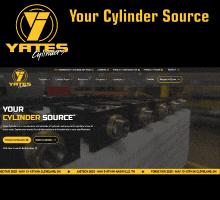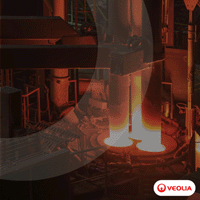WTO to Probe U.S. Duties on Some Indian Steel Products
09/03/2012 - The World Trade Organization agreed to investigate the legality of U.S. countervailing duties on certain Indian hot-rolled carbon-steel flat products, Bloomberg Businessweek reports.
The World Trade Organization agreed to investigate the legality of U.S. countervailing duties on certain Indian hot-rolled carbon-steel flat products, Bloomberg Businessweek reports.
India, which lodged its complaint at the Geneva-based WTO on 24 April, is challenging a U.S. finding that Indian steel producers received an illegal subsidy by paying too little for iron ore from a state-owned producer. The U.S. first imposed the tariff, which is fixed at 102.7%, in December 2001 and extended it six years later.
Separately, the U.S. today blocked a request by China for WTO judges to probe American anti-subsidy measures targeting 22 products including solar panels, wood flooring, steel pipes and citric acid. Also, Australia thwarted Ukraine’s call for the trade arbiter to rule on the legality of an Australian decision to prohibit trademarks and logos on tobacco products.
China, the world’s biggest steel producer and the dominant manufacturer of solar panels, and Ukraine can renew their requests at the Dispute Settlement Body’s next regular meeting. Under WTO rules, second requests to set up panels are automatically accepted.
The Chinese case, which involves exports worth $7.3 billion, follows a 2009 complaint against U.S. duties on imports of circular welded carbon quality steel pipe, light-walled rectangular pipe and tube, certain pneumatic off-road tires and laminated woven sacks.
In that case, the WTO’s Appellate Body concluded in March 2011 that the U.S. Commerce Department violated global trade rules by determining that state-owned suppliers of goods to Chinese producers targeted by the anti-subsidy duties were "public bodies" and therefore provided government financial contributions to manufacturers.
The complaint is one of several between China and the U.S. at the WTO. The U.S. is also jousting with China over access for products including poultry, grain-oriented flat-rolled electrical steel and cars. Along with the European Union and Japan, the U.S. filed a WTO complaint in March challenging the Asian nation’s export limits on rare-earth minerals.
Ukraine in its complaint says the scientific evidence on which Australia’s ban is based was insufficient and that the plain-packaging rules on tobacco will unnecessarily curb trade because Australia’s public-health goal can be met by other means.



.png?lang=en-US&ext=.png)




